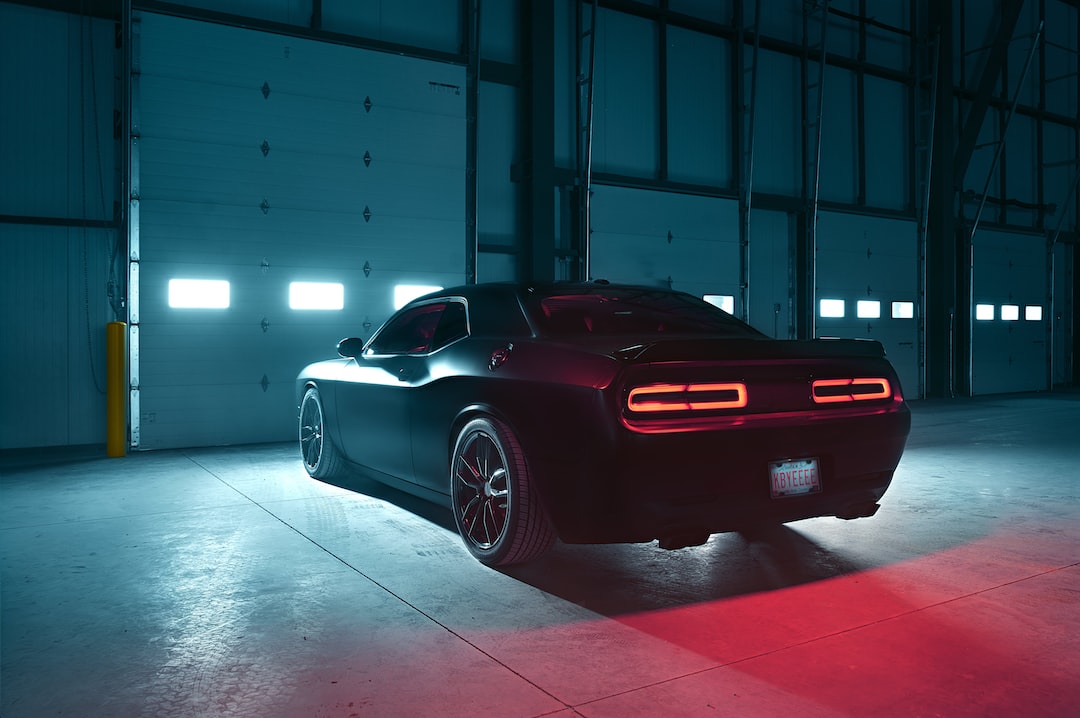Breaking Down the Different Types of Car Engines: Gasoline, Diesel, and Electric
Car engines have come a long way since their inception in the late 19th century. Today, advancements in technology and the need for sustainable transportation have led to the introduction of a wide array of engine types. Gasoline, diesel, and electric engines are the most common options available in the market. Each type has its own set of advantages and disadvantages, making it essential for consumers to understand their differences before making a purchase decision. In this article, we will break down the different types of car engines to help you choose the one that best suits your needs.
1. Gasoline Engines:
Gasoline engines, also known as petrol engines, have been the dominant choice for most consumers due to their affordability and availability of gasoline fuel. These engines work by compressing a mixture of fuel and air in the combustion chamber, igniting it with a spark from the spark plug, which in turn causes the piston to move and generates power. Gasoline engines offer smooth acceleration, good responsiveness, and relatively low maintenance costs.
One significant advantage of gasoline engines is their power-to-weight ratio, making them ideal for sports cars and vehicles that require quick acceleration. However, they tend to be less fuel-efficient compared to diesel engines.
2. Diesel Engines:
Diesel engines differ from gasoline engines in their fuel ignition process. In a diesel engine, air is compressed in the cylinder, which heats up due to the high compression ratio. Then, diesel fuel is injected into the combustion chamber, and the heat of the compressed air ignites it. Diesel engines are known for their fuel efficiency and high torque output, making them suitable for heavy-duty applications such as trucks and commercial vehicles.
Even though diesel engines are more fuel-efficient, they emit higher levels of pollutants, such as nitrogen oxides and particulate matter. However, advancements in diesel engine technology have significantly reduced their environmental impact over the years.
3. Electric Engines:
In recent years, electric vehicles (EVs) have gained increasing popularity due to their environmentally friendly nature and the push for sustainable transportation. Electric engines, also known as electric motors, operate by converting electrical energy stored in the battery into mechanical energy. This is accomplished through a combination of electromagnetism and rotation of a shaft that produces torque, propelling the vehicle forward.
One of the main advantages of electric engines is their zero-emission nature, making them a cleaner alternative to internal combustion engines. EVs also offer smooth and quick acceleration, reduced noise pollution, and lower maintenance costs compared to traditional engines. However, electric cars face challenges such as limited driving range, long charging times, and the availability of charging infrastructure.
It is important to note that electric engines can be further classified into different types, such as the ones found in battery-electric vehicles (BEVs) and hybrid-electric vehicles (HEVs). BEVs rely solely on electric power, while HEVs combine an electric motor with an internal combustion engine for added range and flexibility. Plug-in hybrid electric vehicles (PHEVs) function as a combination of both, allowing the driver to switch between gasoline and electric power.
In conclusion, there are several types of car engines available, each with its own set of pros and cons. Gasoline engines offer power and responsiveness at an affordable price, while diesel engines excel in fuel efficiency and torque output. Electric engines, on the other hand, provide a clean and quiet driving experience, although they come with limitations such as charging infrastructure and limited range. As technology continues to evolve, it is likely that we will witness further improvements in all engine types, offering consumers more options for sustainable mobility.

